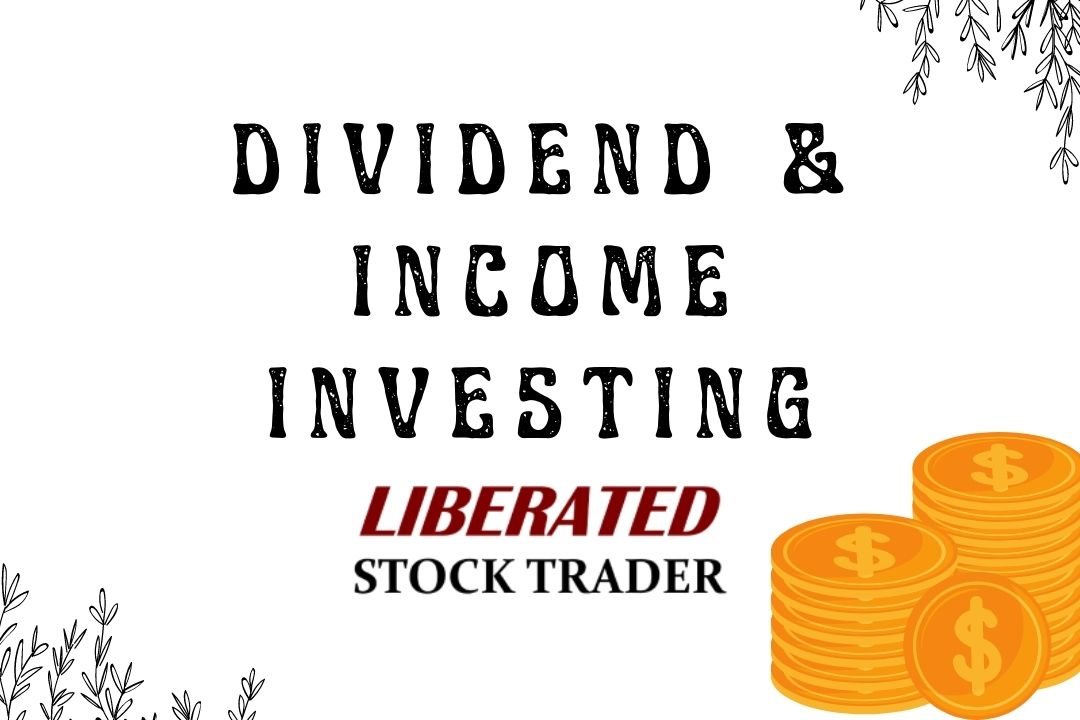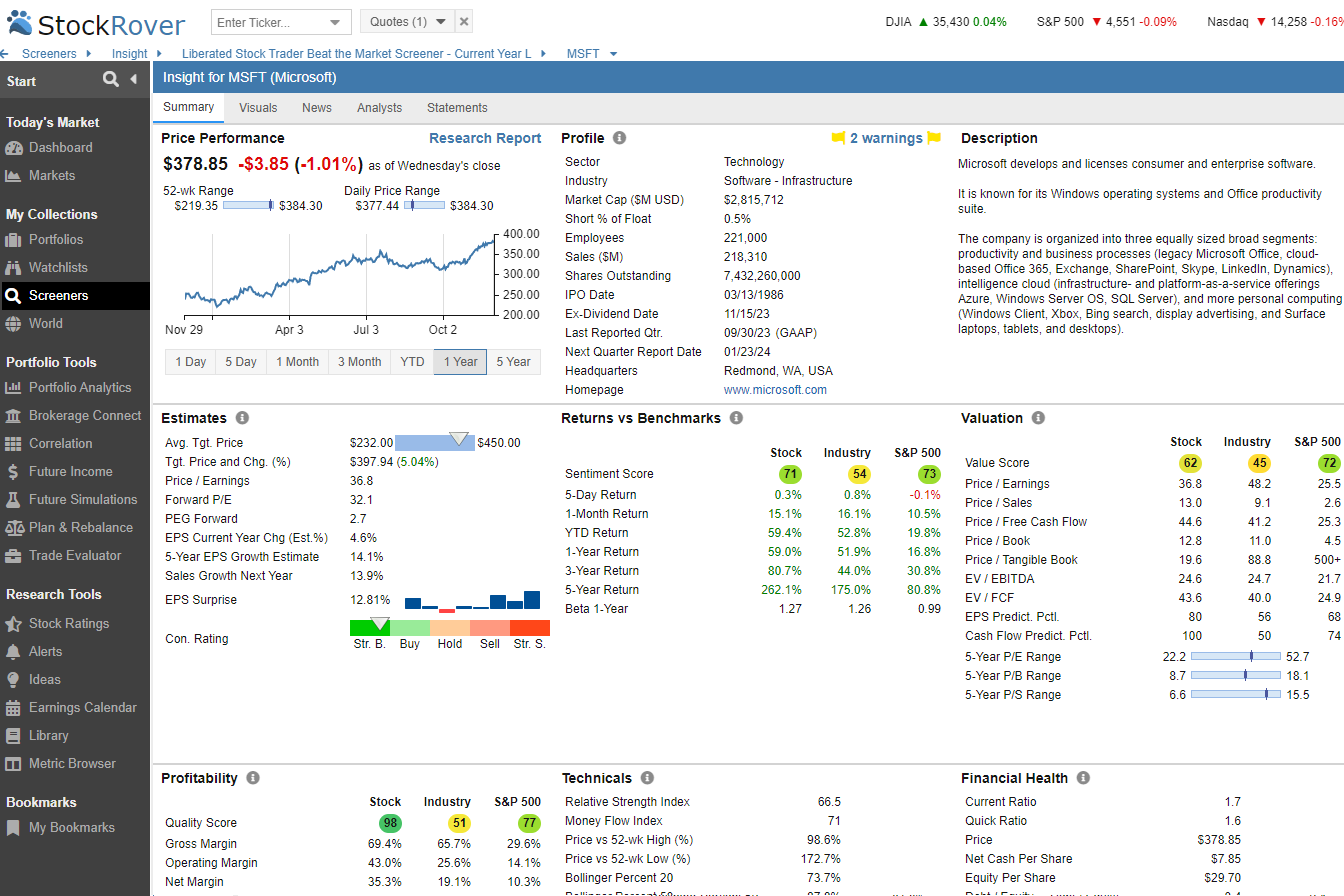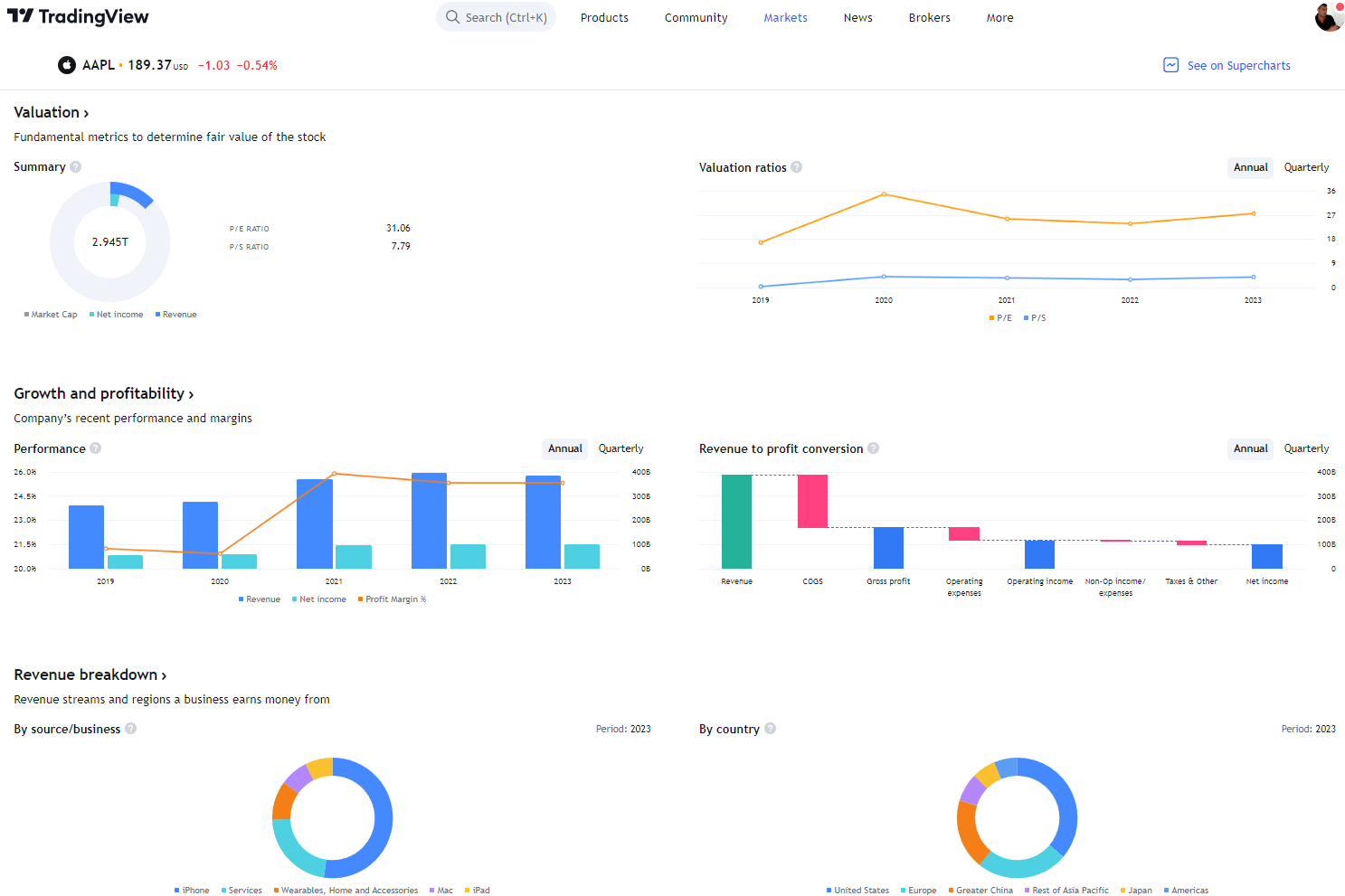Qualified dividends are a special type of dividend taxed lower than ordinary dividends. Investors need to ensure that the stocks they hold meet specific criteria set by the IRS to take advantage of qualified dividends.
These criteria include holding the stock for 60 days for common stock and 90 days for preferred stock. Investing in companies that pay qualified dividends and meet the IRS requirements can benefit from lower tax rates on their dividend income, ultimately maximizing their returns.
Understanding the rules around qualified dividends can lead to significant tax savings and improved investment performance.
Are you curious about qualified dividends and their contribution to your long-term stock investment profits? Let’s explore their importance and potential benefits!
How can you invest to get lower taxes on dividends, and how can you find the companies that meet the requirements?

What Are Qualified Dividends?
Qualified dividends meet certain IRS criteria to qualify for special tax treatment. This means they can be taxed at a lower or zero percent rate, depending on your filing status and income bracket. The companies must also meet requirements regarding their origins and how long they have held the investment to earn the qualified dividend tax rate.
Why Are Qualified Dividends Important?
Qualified dividends are particularly important for investors, such as retirees, who earn their income primarily from dividends. By qualifying for a lower tax rate on their dividend income, they can save money on taxes and keep more of the profit they have earned from investing in stocks. This is especially beneficial if you are in a higher tax bracket.
Qualified dividends may also be important for investors looking to invest in stocks that pay large dividends. By taking advantage of the lower tax rate, you can keep more of your profits and reinvest them into other stocks or increase your overall return on investment.
This dividend type is also important for those who want to invest in stocks with a long-term outlook. By investing in companies with a high dividend rate, you can benefit from their steady income stream and use it to fund your retirement or other large purchases.
Qualified Dividends are typically either Regular Cash Dividends or Extra Dividends that “Qualify” for different tax treatments in the USA. As an investor, you are subject to taxation on your profits by either Income Tax or the lower Long-Term Capital Gains Tax.
As an employee, you are taxed on your income, e.g., Income Tax.
However, the government wants to encourage Long-term investing in US companies, not short-term speculation. Therefore, it allows for a lower rate of taxation for longer-term investors by allowing for qualified dividends.

Try Powerful Financial Analysis & Research with Stock Rover
How do Dividends Become Qualified
There are two elements to ensuring you get a tax benefit using qualified Dividends.
The Right Companies on the Right Exchanges
The following requirements must be met to qualify for the maximum rate relief.
A US corporation or a qualified foreign corporation must have paid the dividends.
(See Qualified foreign corporations later.)
Some companies or not-for-profit organizations cannot have qualified dividends; see later section.
Your Holding Period
The Internal Revenue Service Publication 17 – Tax Guide for Individuals says the following.
- You must have held the stock for more than 60 days during the 121-day period that begins 60 days before the ex-dividend date.
- The ex-dividend date is the first date following the declaration of a dividend on which
the stock buyer isn’t entitled to receive the next dividend payment. Instead, the seller will get the dividend. - When counting the days you held the stock, include the day you disposed of it but not the day you acquired it.
So, in short, you need to have held the stock for two months, in the four months, two months before the Ex-Dividend Date. Publication 17 has some good examples of how this works.
How to Save Tax Using Qualified Dividends?
Qualified dividends are taxed at the long-term capital gains rate, generally lower than your ordinary income tax rate. Qualified dividends must meet certain criteria to qualify for this special tax treatment.
For a dividend to be qualified, it must be paid by a US corporation or a qualified foreign corporation and meet certain other requirements set forth by the IRS. The stock must be held for more than 60 days during the 121-day period that begins 60 days before the ex-dividend date. The ex-dividend date is the day one must own security to be eligible for receiving the next dividend payment.
You can save a considerable amount of tax on your dividend profits, which, over a longer-term horizon, could make up a significant portion of your investment profit with compounding; typically, you would reduce your tax on dividends by at least 10%. See the possible tax benefits, such as “Are Qualified Dividends Taxable?”
Qualified Dividends offer significant advantages over Non Qualified Dividends.
How Can I Find Which Companies Have Qualified Dividends?
The best way to find out which companies have qualified dividends is to look at the 10-K Form for the company you are considering investing in. This will tell you exactly what percentage of their gross earnings were derived from Qualified Dividend payments and whether or not they are a “qualified dividend paying company.” Additionally, financial websites like Yahoo Finance provide information on qualifying dividend payments.
You should also check the company’s website for its annual report or shareholder information about qualified dividends and their potential tax liabilities. Although not all companies offer qualified dividends, many do, and you may find some good opportunities depending on your investing goals. With careful research and due diligence, you will be
Essentially, any company freely traded on the U.S. Stock Exchanges or the Exchanges in Countries with a Tax Treaty with the US See table below.
See IRS Publication 17 for further information.
Try TradingView, Our Recommended Tool for International Traders
Global Community, Charts, Screening, Analysis & Broker Integration

Global Financial Analysis for Free on TradingView
Table 1. Countries with a Valid Tax Treaty Incorporating Qualified Dividends.
Companies registered in these countries will have dividends that can be Qualified Dividends.
| Africa | France | Luxembourg | Slovenia |
| Australia | Germany | Malta | Spain |
| Austria | Greece | Mexico | Sri Lanka |
| Bangladesh | Hungary | Morocco | Sweden |
| Barbados | Iceland | Netherlands | Switzerland |
| Belgium | India | New Zealand | Thailand |
| Bulgaria | Indonesia | Norway | Tobago |
| Canada | Ireland | Pakistan | Trinidad |
| China | Israel | Philippines | Tunisia |
| Cyprus | Italy | Poland | Turkey |
| Czech Republic | Jamaica | Portugal | Ukraine |
| Denmark | Japan | Republic | United Kingdom |
| Egypt | Kazakhstan | Republic | Venezuela |
| Estonia | Korea | Romania | |
| Federation | Latvia | Slovakia | |
| Finland | Lithuania |
Which Dividends are not Qualified Dividends?
Dividends from a corporation not registered in the listed countries are not considered Qualified Dividends. Additionally, dividends received from foreign corporations not related to US trade or business or US investment income are also not eligible for Qualified Dividends status. Lastly, dividends paid by a REIT (Real Estate Investment Trust) and other kinds of investments, such as MLPs (Master Limited Partnerships) and UITs (Unit Investment Trusts), are not eligible for Qualified Dividends.
Although there are some exceptions, most dividends from foreign companies or investments will not qualify as a Qualified Dividend. Investors should consider this when investing in foreign stocks.
- Capital gain distributions from Real Estate Investment Trusts or Mutual Funds will be marked on your statement as “Capital Gains Dividends.
- Dividends paid on deposits with mutual savings banks, cooperative banks, credit unions, US building and loan associations, US savings and loan associations, federal savings and loan associations
- Dividends from a corporation that is a tax-exempt organization or farmer’s cooperative
- Dividends paid by a corporation on employer securities held on the date of record by an employee stock ownership plan (ESOP) maintained by that corporation
- Dividends on any share of stock to the extent you are obligated (whether under a short sale or otherwise) to make related payments for positions in substantially similar or related property.
A 5 Step Screening Strategy To Find Top Dividend Growth Stocks
Summary
In short, if you are serious about investing for income through dividends, you will want to take advantage of the Qualified Dividends benefits of lower taxation through Capital Gains Tax and not be taxable through income tax.
Studies have shown over the long-term (e.g., 20 years), this will, if compounded, make a 20%+ improvement to your end investment return.
Related: Preferred Stock Dividend – 7 Critical Elements to Maximize Your Income
